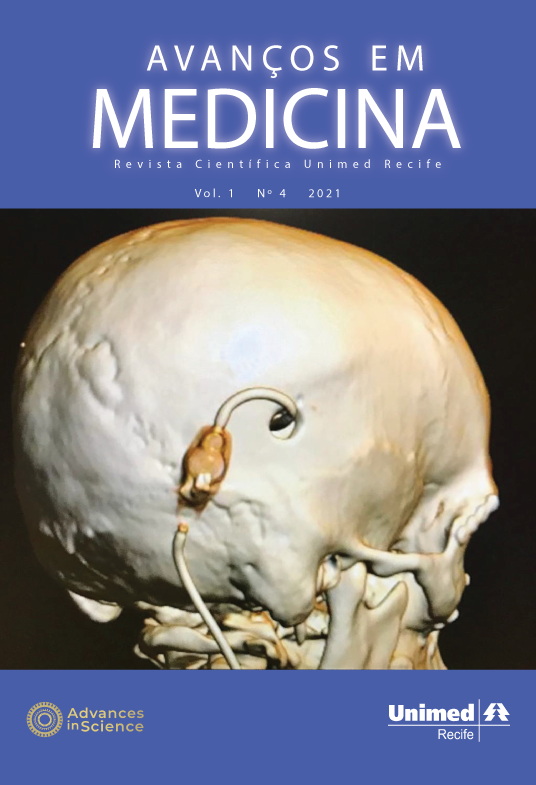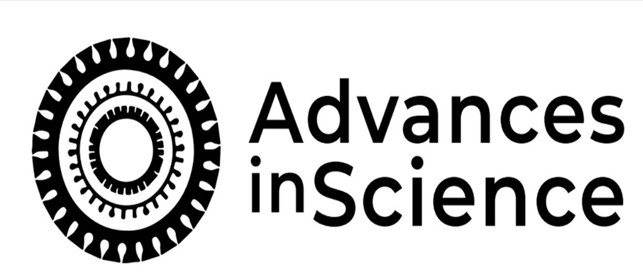Efficacy in the treatment of depressive disorders
Visualizações: 384DOI:
https://doi.org/10.52329/AvanMed.38Keywords:
New Treatment; Pharmacological; Depressive Disorder.Abstract
Introduction
Depression, being the most disabling disease in the world and presenting high morbidity and mortality, requires an effective treatment to ensure the maintenance of the patients' quality of life. About a third of patients do not respond adequately to antidepressant treatment. New pharmacological therapies are being approached in order to reduce the unfavorable outcomes resulting from this pathology.
Objective
To develop a systematic review of the literature on the new possibilities of pharmacological treatments for depression in the last four years.
Method
A systematic review was carried out following the PRISMA protocol (Preferred Reporting Items for Systematic Reviews and Meta-Analysis). We have included studies on the effectiveness of new pharmacological therapies in patients with major depressive disorder and treatment-resistant depression.
Results
In the treatment of the major depressive disorder (MDD), the use of brexpiprazole 1 mg/day in addition to the usual antidepressant treatment (ADT) resulted in significant improvement in the main symptoms. Already referring to treatments for treatment-resistant depression (TRD): nasal esketamine proved beneficial in the short term, intravenous (IV) ketamine also appears as an effective therapy.
Conclusion
The use of brexpiprazole 1 mg/day associated with an antidepressant, and the use of lactobacilli represent a new option for those with MDD. In addition, both ketamine, riluzole, and cariprazine appear as new hopes for those who have not yet achieved remission of the depressive disorder with the use of more than two antidepressants
Downloads
Downloads
Published
How to Cite
Issue
Section
License
Copyright (c) 2022 Taysa Leite de Aquino, Jaiany Rodrigues Liborio, Ana Luiza Menezes Santana Bezerra, Giovana Macêdo Egídio Cavalcante, Dara Fernanda Brito Duarte, Ana Luíza de Aguiar Rocha Martin, Juliane dos Anjos de Paula, Modesto Leite Rolim Neto

This work is licensed under a Creative Commons Attribution 4.0 International License.



